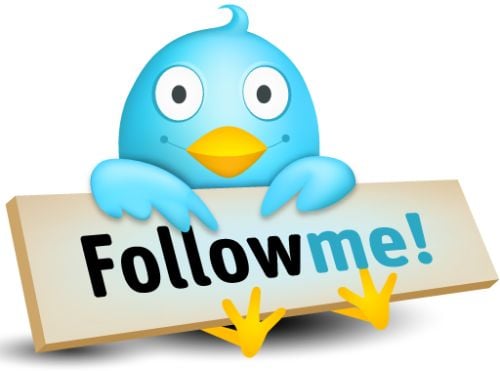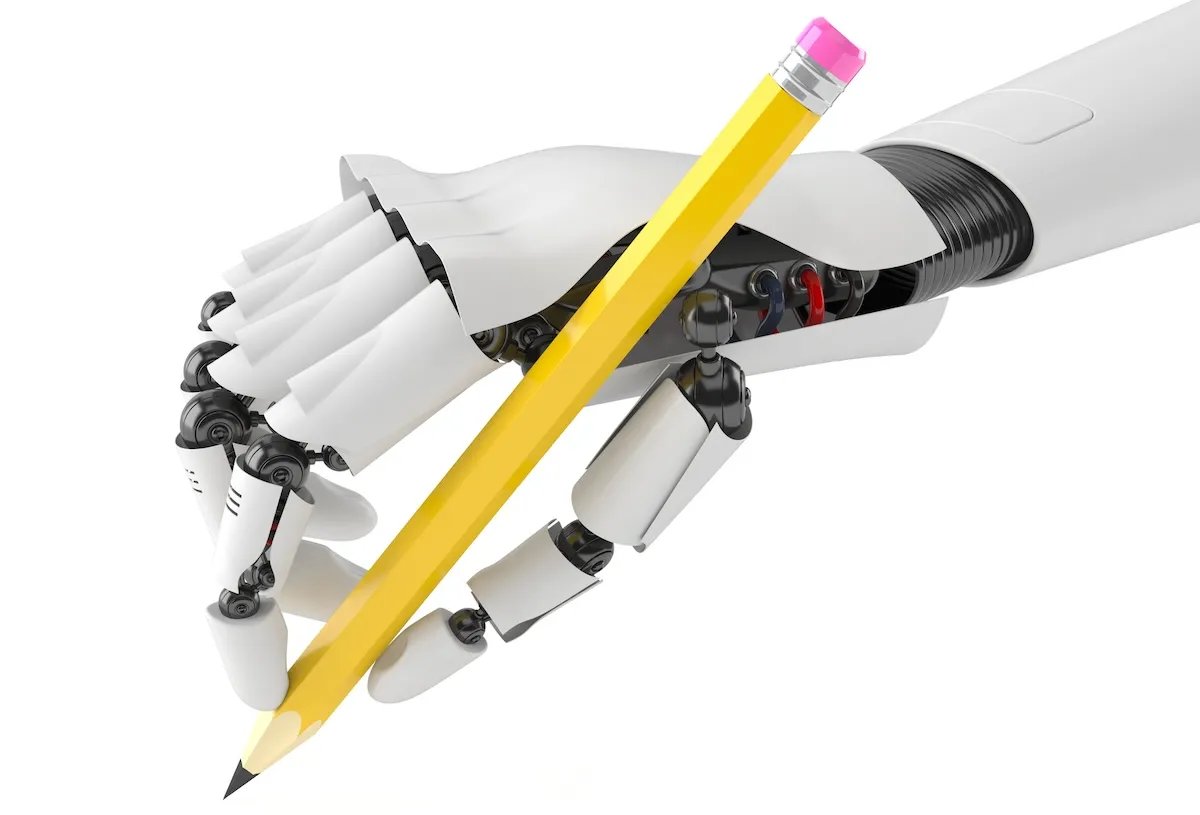Earlier this August, the Journal of Nervous and Mental Disease published a study that may have alarmed Internet users who find mental health or wellness support online: based on one troubling case study, the researchers feared Twitter may “aggravate or even induce psychotic symptoms” in predisposed users. But even if you have a personal or family history of mental illness, I wouldn’t say sayonara to your followers yet.
The study Twitter Psychosis: A Rare Variation or a Distinct Syndrome? was based off an actual 31-year old patient dubbed Mrs. C who checked herself into a psychiatric ward after suffering a breakdown. According to the paper, Mrs. C never exhibited any symptoms of mental illness until joining Twitter one year prior to committing herself, but gradually became convinced that a famous actor was sending her coded messages through tweets from various users. Says the study:
Sometimes, she would spend several hours a day reading and writing messages, neglecting her social relationships and, sometimes, even meals and regular sleeping hours […]During the next couple of weeks, Mrs. C increasingly felt that the messages of other users were ‛meant in a symbolic way. After approximately two months, she started to discover the same symbols in her real-world environment. She then began to feel that there ‛must be some organization behind these tasks’ and started to suspect a sect, pointing to the development of systematized paranoid delusion.
The Daily Dot notes that Mrs. C was never diagnosed with schizophrenia, although at 31 she was in the 25-34 age range in which symptoms typically appear for women. But is it of any real significance that Mrs. C’s condition manifested and was possibly exacerbated by tweeting? According to the study’s authors, Twitter’s design may make it more triggering than other forms of social media:
The authors believe that the amount of symbolic language (caused by the limitation of 140 characters per Twitter message), the automated spam responses with seemingly related content, and the general interactive features of Twitter might combine several aspects that could induce or further aggravate psychosis.
Of course, there’s an obvious flip side to the researchers’ concerns: Twitter (although perhaps less than other social media sites like Tumblr), can offer free and anonymous support for users, and The Daily Dot points out that it could be dangerous for mental health professionals to suggest patients completely withdraw from their online communities.
The researchers’ specific concern over Twitter’s “symbolic language” also reminds me of a similarly symbol-heavy factor thought to trigger delusions in the predisposed: religion. Similarly, religion can also provide support and a helpful community for the mentally ill. Perhaps unfortunately, I don’t think Twitter Psychosis reveals anything other than the different ways mental illness will manifest itself in a modern world (a world where people may find support on Twitter now more frequently than through a religious community), and that wellness is an ongoing struggle for many. On a blog post criticizing the research, one of the researchers even admitted that the single case study might have been blown out of proportion:
We did indeed use a provocative title in order to open a discussion […] we certainly do not claim that syndromes constitute disease entities.
“Discussion” about mental health issues can certainly be healthy—and I think no matter your personal or family history, you should feel free to have that conversation on Twitter as much as you need.
(via The Daily Dot and Slava Murava Kiss on Flickr)
Are you following The Mary Sue on Twitter, Facebook, Tumblr, Instagram, & Google +?








